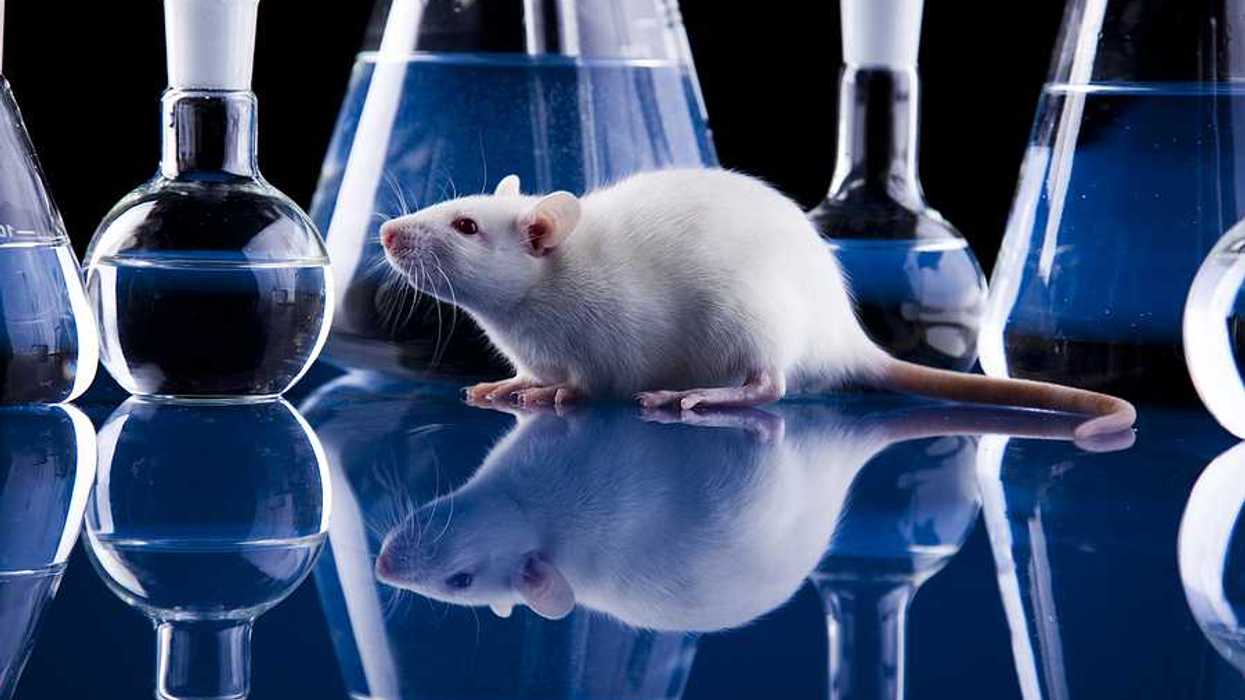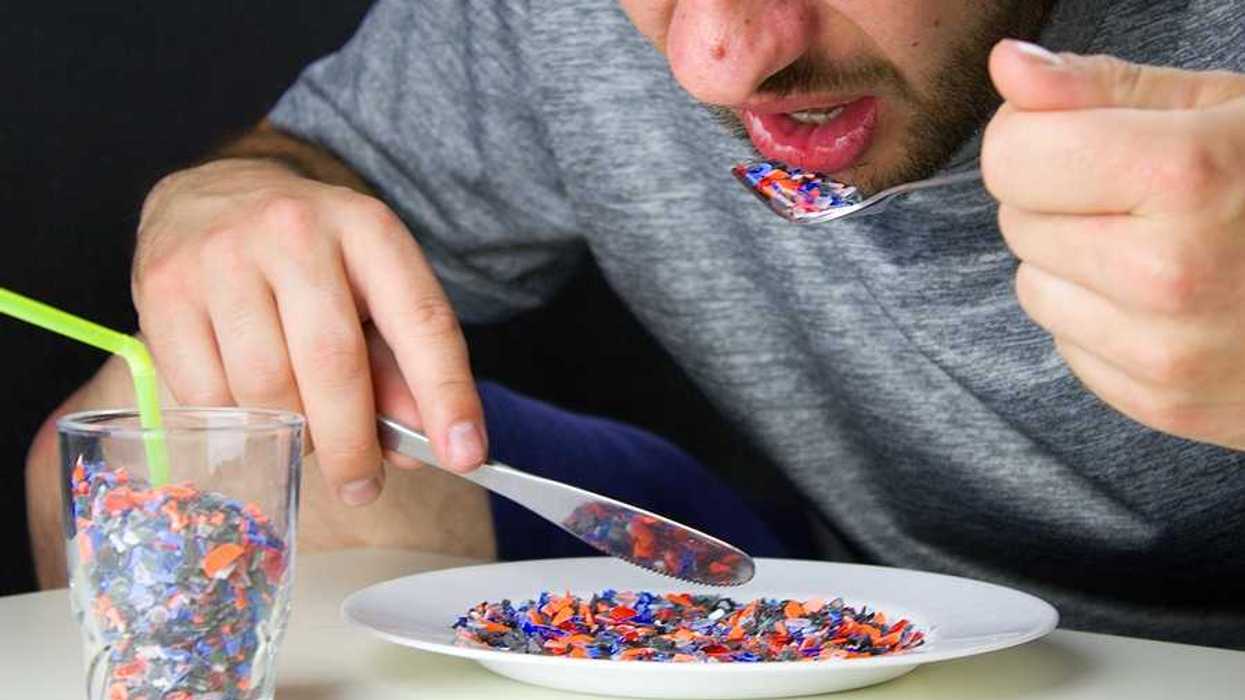The Alabama Supreme Court decision on IVF treatments brings to light the broader issue of chemical exposures affecting fertility, highlighting the importance of assisted reproductive technologies.
James Bruggers and Lee Hedgepeth report for Inside Climate News.
In short:
- Chemicals in plastics and other products are increasingly linked to fertility issues, with significant implications for both men and women's reproductive health.
- The Alabama ruling has led to a halt in IVF services, spotlighting the ongoing debate over "personhood" laws and reproductive rights in the wake of Roe v. Wade's overturn.
- Notable figures like Shanna Swan, a senior scientist at Environmental Health Sciences, emphasize the growing need for assisted reproduction as environmental chemicals impact human fertility rates.
Key quote:
"The decision of the Alabama Supreme Court is dangerous ... it’s going to imperil the ability of couples to have children, which I consider a basic human right."
— Shanna Swan, professor of environmental medicine and public health at the Icahn School of Medicine at Mount Sinai
Why this matters:
The collision of health, politics, and environmental exposure outlines a complex picture of modern fertility challenges in the face of decreasing natural fertility rates. Shanna Swan's groundbreaking book, Count Down, tells the story of declining fertility rates and her recent video summarizes the latest evidence of widespread sperm count decline.














